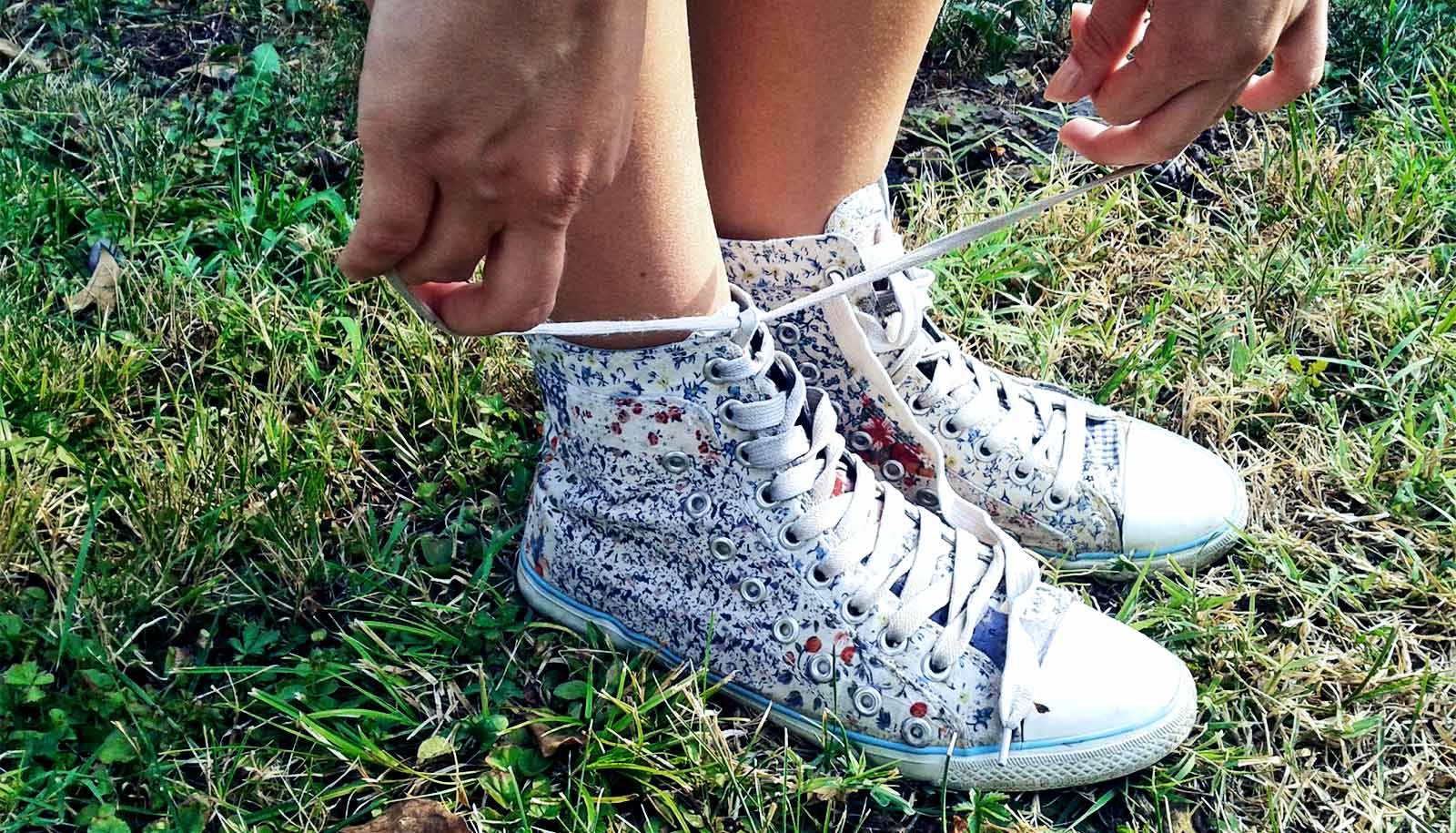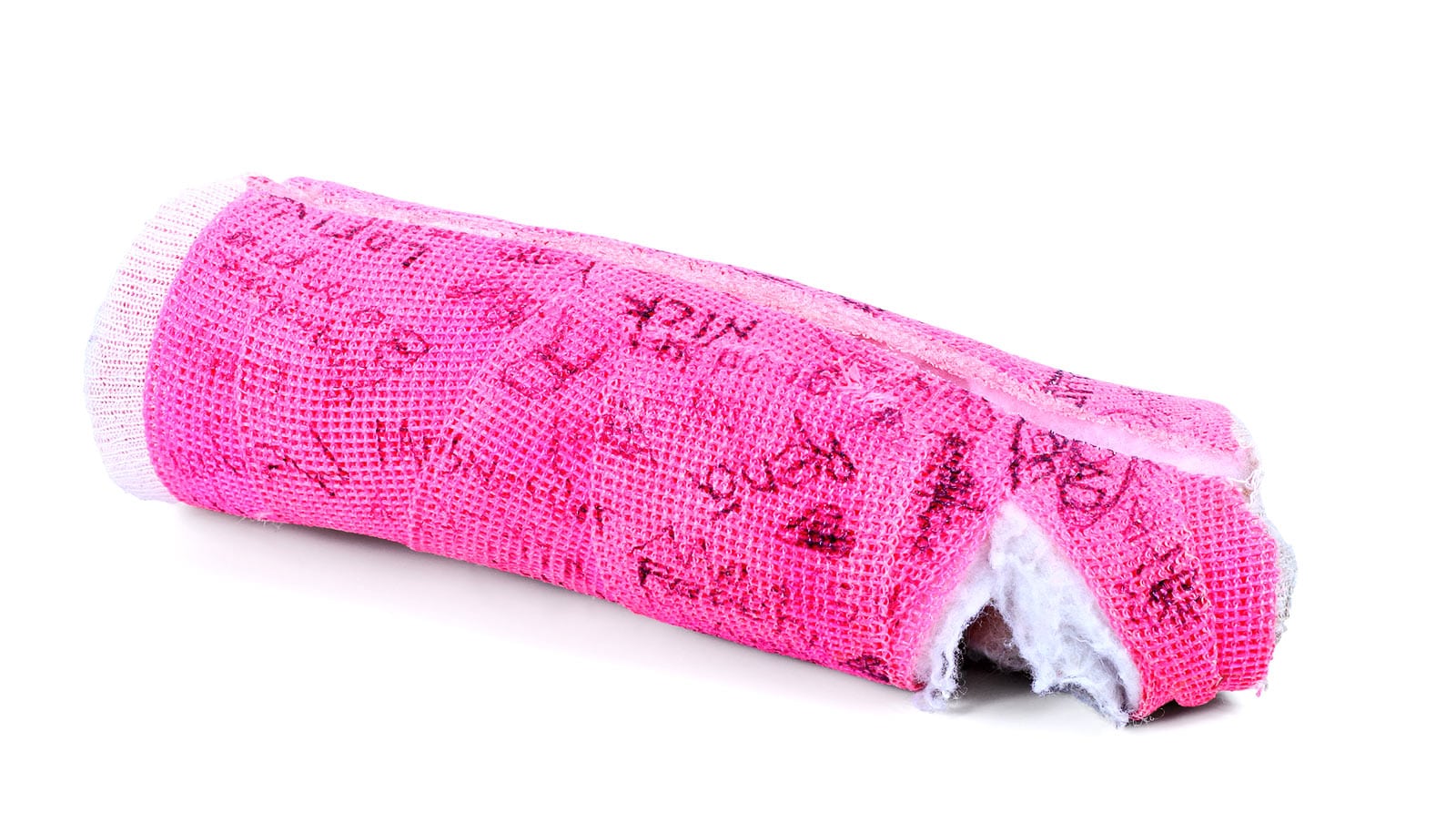Harnessing AI in the fight against COVID-19
AI assisted COVID-19 diagnostic and prognostic tool could improve resource allocation and patient outcomes.
Cambridge University News
• cambridge
June 4, 2020 • ~6 min
June 4, 2020 • ~6 min
AI successfully used to identify different types of brain injuries
Researchers have developed an AI algorithm that can detect and identify different types of brain injuries.
Cambridge University News
• cambridge
May 15, 2020 • ~5 min
May 15, 2020 • ~5 min
/
42








